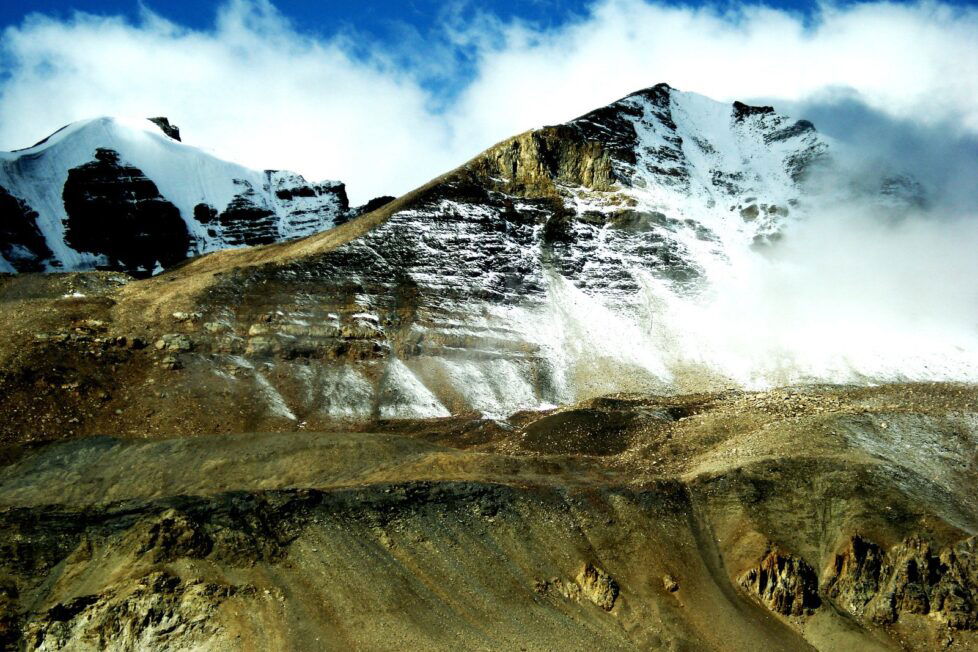Kashmir: Land of Hindus


‘Kashmir is an integral part of India’. I have heard this line parroted by leaders of all political hues. It has always sounded like an arbitrary statement designed to rebuff Pakistan, and to reaffirm India’s military might over a coveted geographical area.
Recently I came across facts that have changed my perspective on Kashmir totally. Facts that have astounded me.. But more than that baffled me, for they reveal glaring lacunae in the history we have been led to believe so far.
Understandable that the British established a syllabus for us that was designed to obliterate our glories and inculcate shame in us for all things Indian. But, 70 years past independence, we are guilty of still toeing their line. Why?
The facts I speak of are proof that Kashmir is the fountainhead from which flows our culture,in fact, everything that defines our identity as Indians.
Due to my education at an elite school, I had considered myself reasonably well informed. Yet, I had no clue at all about the significance of Kashmir vis a vis Indian history and that it was home to Panini, whose Ashtadhyayi is considered the most scientific and flawless treatise on grammar in the world.
Kashmir was considered the abode of Saraswati, the highest seat of learning in India and was also referred to as Sharda Peeth. So much so that when students graduated from Kashi, they took 4 symbolic steps towards Kashmir, denoting their aspiration for higher learning.
Almost the entire body of Sanskrit literature has its origins in Kashmir.
Rajtarangini, an authoritative historical tome on the royal lineage of Kashmir, written by Kalhans in the 12th century, outlines the greatness of King Lalitaditya, possibly the most powerful Indian Emperor of all times, whose kingdom in the 8th century extended from the Caspian Sea in the North to the Kaveri basin in the South, and included Assam in the East.
How many of us know that Srinagar was established by Ashoka?
That Mahayana Buddhism was spread across Mid Asia, China and Japan by Kashmiri monks?
Who are these educationists who are deliberately withholding such vital slices of history from our textbooks?
How will the present as well as future generations realize that Kashmir is the keystone of our heritage through millennia, finding mention even in our oldest scriptures?
It is not just a piece of land. It is the abode of the soul of India.
Source : On Kashmir – By Ira Pande
DISCLAIMER: The author is solely responsible for the views expressed in this article. The author carries the responsibility for citing and/or licensing of images utilized within the text.
